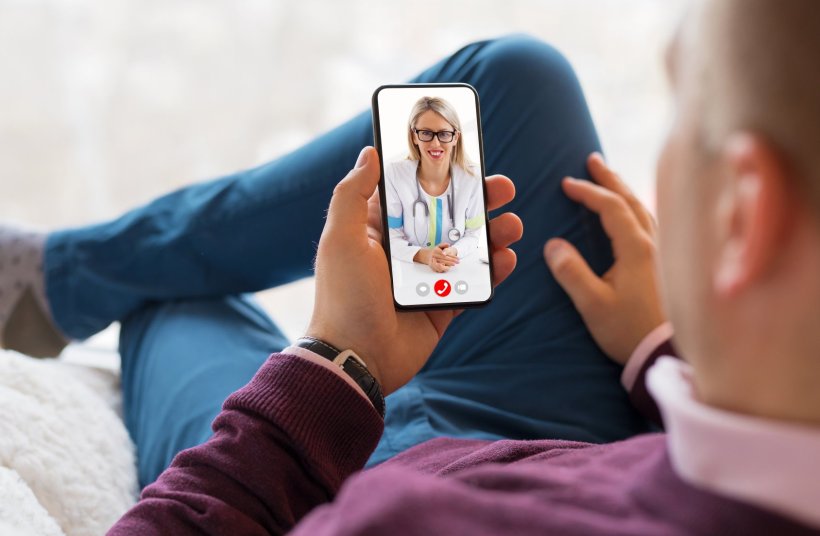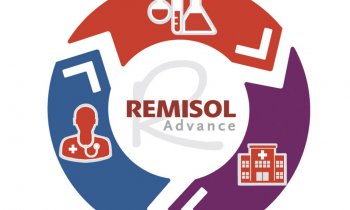
Image source: Adobe Stock/Kaspars Grinvalds
News • Telemedicine study
Most patients in favor of online GP consultations
Most patients felt online GP consultations were quicker, more flexible, and more efficient than traditional consulting methods, in the largest study of patient views on the topic ever carried out.
Male patients and older patients found online systems particularly helpful, according to the University of Manchester study published in the British Journal of General Practice. However, some respondents still wanted a return to traditional ways of accessing their GP.
The study, published in the British Journal of General Practice, was funded by the Wellcome Trust and supported by the National Institute for Health and Care Research (NIHR) Greater Manchester Patient Safety Translational Research Centre, a partnership between The University of Manchester and Northern Care Alliance NHS Foundation Trust.
Perhaps surprisingly, many older participants found the system easier to navigate than expected and often preferred using it to contact their GP practice than traditional methods. But not everyone were as positive
Susan Moschogianis
The research team collected 21,467 written comments from almost 12,000 patients at 240 GP practices across England who used Patchs, a popular online consultation system. They also carried out hour long interviews with 25 patients. They analysed both the interview transcripts and written comments qualitatively, in nonnumerical form, to identify common themes. Patchs system allows patients to request help from their healthcare team over the internet which are followed-up by written message, telephone call, video consultation, or arranging an in-person visit.
In the wake of the Covid-19 pandemic, almost all GP practices now use online consultations and patients are often forced to use them to contact their family doctor. However, in-depth research into patients’ views on online consultations has not been carried out until now. Lead author Dr Susan Moschogianis from The University of Manchester said: “Most of the patients in our sample said they preferred online consultations because they are more convenient, flexible, and efficient than in-person appointments for dealing with simple health problems such as rashes or colds. The primary benefit reported by most patients was the ability to receive a quick response to their query and male patients in particular reported they were more likely to contact their GP using them.
“Perhaps surprisingly, many older participants found the system easier to navigate than expected and often preferred using it to contact their GP practice than traditional methods. But not everyone were as positive. Some still wanted a return to traditional ways of accessing their GP practice using more traditional methods such as telephone and in-person visits. And poor communication about the online consultation systems often left patients disappointed and frustrated.”
Patients' experiences of online consultations with their GP practice can, the researchers found, be influenced by characteristics of the patient, the condition they consult about, system design, and how it is used by GP staff.
This research has implications for both GP practices and system designers for how they could improve the patient experience of online consultations. Senior author Dr Ben Brown from The University of Manchester said: “Our findings provide new insight into why some patients prefer in-person consultations and why others prefer to use online consultations. We found that patients’ experiences of using these systems could be influenced by a range of factors such as the different demographics of patients and different conditions they are seeking help with. But also how GP practices conduct online consultations and aspects of the technological design were found to be key drivers of positive patient experiences.
“Some patients who struggle to communicate in in-person appointments, such as patients with autism, hearing loss and anxiety, prefer using online consultations. And some patients, especially men, preferred discussing sensitive topics online. Drawing directly from the findings we make specific recommendations for GP practices and online consultation system designers for how they can optimise patients’ experience.”
Source: University of Manchester
28.12.2023









